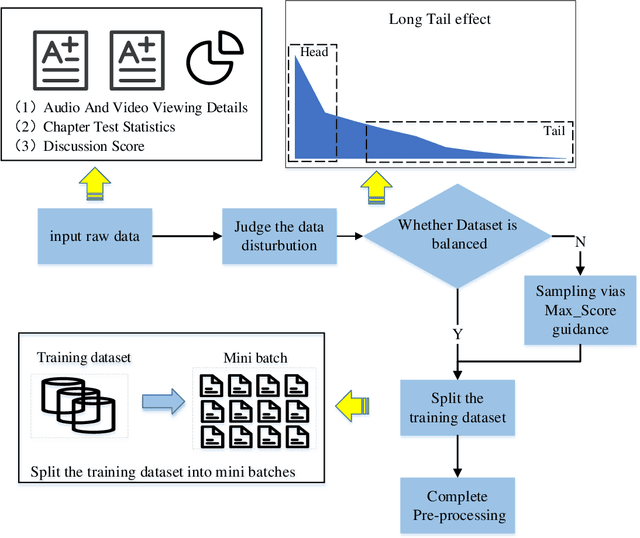Yunlong Chen
In-Context Learning for Knowledge Base Question Answering for Unmanned Systems based on Large Language Models
Nov 06, 2023Abstract:Knowledge Base Question Answering (KBQA) aims to answer factoid questions based on knowledge bases. However, generating the most appropriate knowledge base query code based on Natural Language Questions (NLQ) poses a significant challenge in KBQA. In this work, we focus on the CCKS2023 Competition of Question Answering with Knowledge Graph Inference for Unmanned Systems. Inspired by the recent success of large language models (LLMs) like ChatGPT and GPT-3 in many QA tasks, we propose a ChatGPT-based Cypher Query Language (CQL) generation framework to generate the most appropriate CQL based on the given NLQ. Our generative framework contains six parts: an auxiliary model predicting the syntax-related information of CQL based on the given NLQ, a proper noun matcher extracting proper nouns from the given NLQ, a demonstration example selector retrieving similar examples of the input sample, a prompt constructor designing the input template of ChatGPT, a ChatGPT-based generation model generating the CQL, and an ensemble model to obtain the final answers from diversified outputs. With our ChatGPT-based CQL generation framework, we achieved the second place in the CCKS 2023 Question Answering with Knowledge Graph Inference for Unmanned Systems competition, achieving an F1-score of 0.92676.
SPOC learner's final grade prediction based on a novel sampling batch normalization embedded neural network method
Dec 15, 2020



Abstract:Recent years have witnessed the rapid growth of Small Private Online Courses (SPOC) which is able to highly customized and personalized to adapt variable educational requests, in which machine learning techniques are explored to summarize and predict the learner's performance, mostly focus on the final grade. However, the problem is that the final grade of learners on SPOC is generally seriously imbalance which handicaps the training of prediction model. To solve this problem, a sampling batch normalization embedded deep neural network (SBNEDNN) method is developed in this paper. First, a combined indicator is defined to measure the distribution of the data, then a rule is established to guide the sampling process. Second, the batch normalization (BN) modified layers are embedded into full connected neural network to solve the data imbalanced problem. Experimental results with other three deep learning methods demonstrates the superiority of the proposed method.
 Add to Chrome
Add to Chrome Add to Firefox
Add to Firefox Add to Edge
Add to Edge